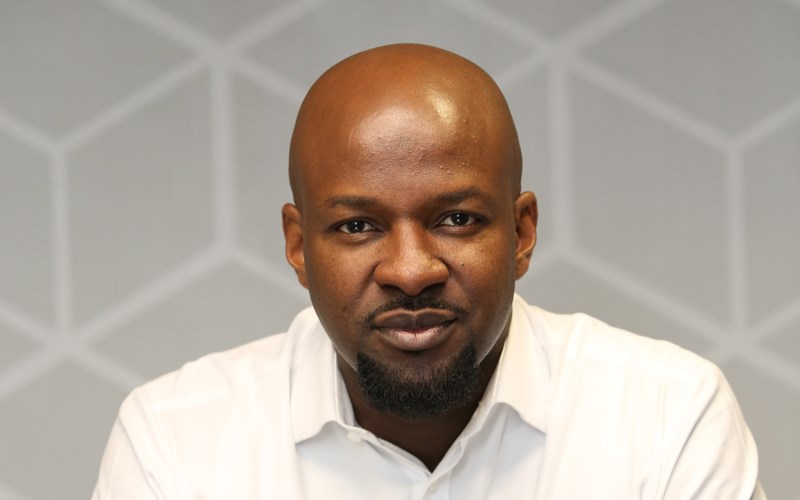Africa Day: Using the internet to transform narratives
On the other side of the Atlantic, 27-year-old Louisville, Kentucky-based creator, Tremayne Yocum has pivoted his Mansa Mayne channel on YouTube to focus on producing content centred on his reactions to amapiano and South African hip-hop music videos, as well as amapiano dance and viral videos.
These two seemingly mundane examples of young people doing what they do - using the internet, social media, and digital platforms to express themselves - also point to a more impactful trend: the power of the internet to build and nurture cultural movements. Contemporary African music and dance culture are quintessential examples of this.

YouTube has played an essential role in the discovery and development of popular African sounds and the export of the continent’s music to listeners worldwide. The 25 most-watched sub-Saharan African artists on YouTube get more than 70% of their views from outside of Africa. That’s not only astounding, but it also further illustrates the potential that the platform has for breaking continental subcultures, and growing a base for them overseas.
The internet has an immense potential to change dominant representations of the continent, its countries, and its peoples to ones that are more representative, of not only the realities on the ground but also the potential and immense talent and innovation that Africa has to offer the world.In 2020, as the world was trying to get to grips with the Covid-19 pandemic, YouTube partnered with Viacom CBS’s MTV Base and Hollywood star Idris Elba to take the Africa Day Benefit Concert At Home to places and people that traditional television would not normally necessarily be able to reach while supporting the continent’s fight against the effects of the pandemic.
Beyond music, the internet can also play an important role in shaping the narrative on the continent overall. Africa's rich storytelling culture has been proven, with Nollywood, for example, cultivating large global audiences. African storytellers are taking advantage of the internet, and platforms such as ours, to share their passions and cultures.
This year, an inaugural class of African YouTubers received grants for the development of their content, giving the 23 #YouTubeBlack Voices Fund content creators an opportunity to thrive on and add diverse viewpoints to the platform. As we, once again, prepare to celebrate Africa Day, it’s incumbent upon us to reflect on where and how we want our beautiful, vibrant, and youthful continent to go. And the odds seem to be pointing in our favour.
As a continent, Africa is poised for growth and development. By 2030, according to the World Economic Forum, one in five people will be African and by 2034, Africa is expected to have the world’s largest working-age population of 1.1 billion. Similarly, CFR.org expects that by the year 2100, one in three people on Earth will be African. This means that, by the end of the century, sub-Saharan Africa—which already has an extraordinarily young population—will be home to almost half of the young people in the world.















